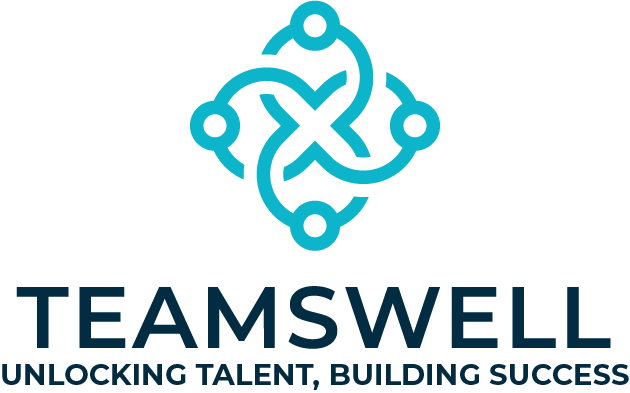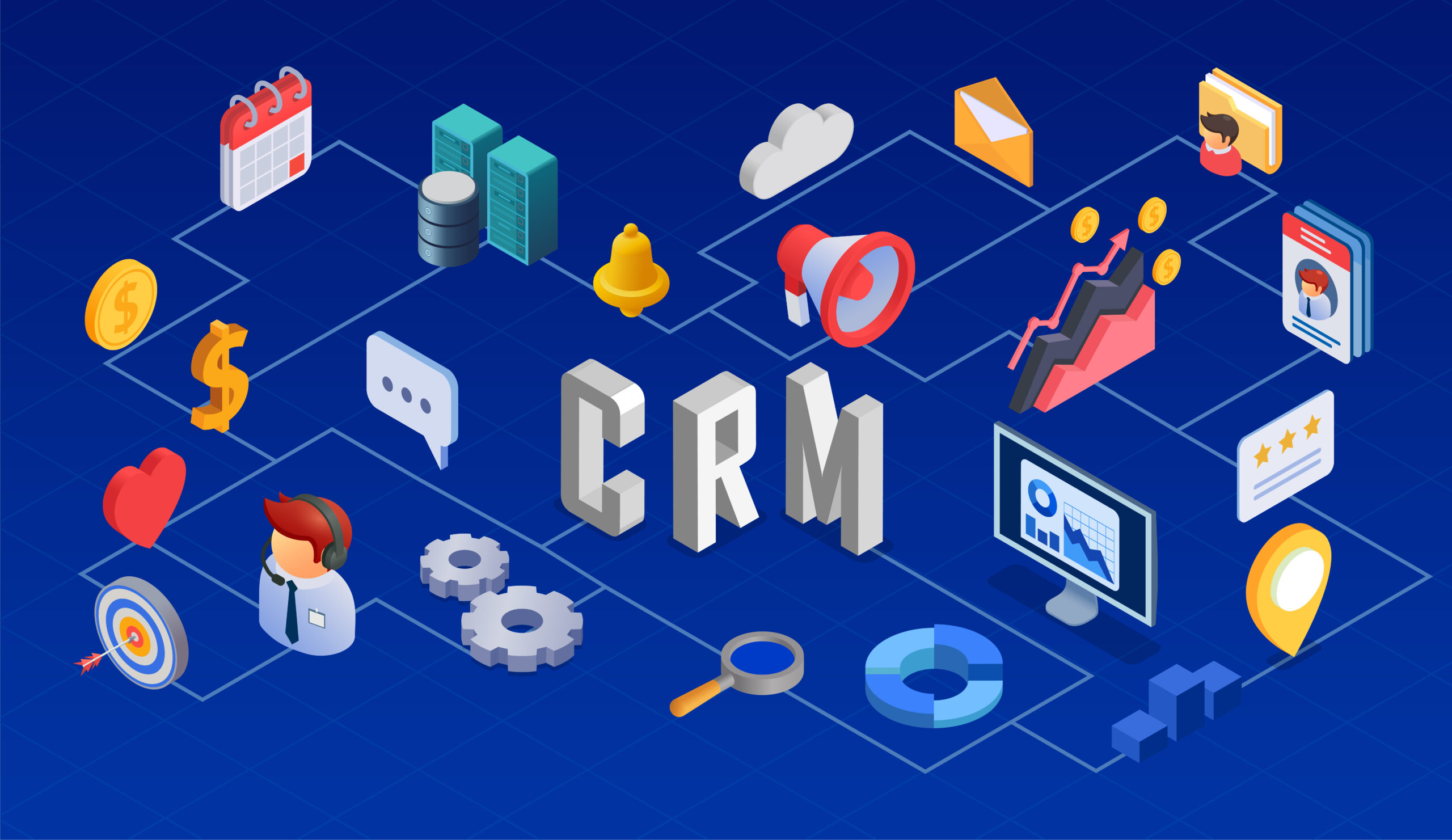Nearly every growing business struggles at some point with their CRM system. Common complaints include low adoption, inaccurate data, or disappointing ROI. But the issue usually isn’t the tool—it’s how the tool is being used.
Your CRM has the potential to drive massive growth, streamline sales, and dramatically improve your customer insights. But realizing that potential requires strategic management, thoughtful setup, and disciplined processes.
Section 1: Common CRM Mistakes Most Companies Make
Mistake #1: Poorly Planned Implementation
Many companies rush their CRM implementation without clearly mapping out their sales and customer journeys.
Result: Confusing layouts, unnecessary fields, and complicated workflows discourage usage.
Mistake #2: Inconsistent Data Entry
Without clear rules, data quickly becomes messy and unreliable. Sales teams lose trust, reducing adoption and effectiveness.
Result: Low-quality insights and poor forecasting accuracy.
Mistake #3: Treating CRM as a “Set-It-and-Forget-It” Tool
CRMs require ongoing optimization and management. Companies that neglect their CRMs quickly find them ineffective or outdated.
Result: Stagnant processes, irrelevant data, and diminishing returns.
Section 2: How to Make Your CRM Actually Work For You
Successful CRM usage involves these critical steps:
1. Customize Thoughtfully
Your CRM must reflect your unique sales processes, customer journey, and team workflows.
- Remove unnecessary fields and tasks.
- Tailor stages to match actual customer interactions.
- Use clear, intuitive labeling and structure.
Example:
If your average sale takes four interactions, design your CRM sales pipeline around those four specific touchpoints. Simplify your workflows accordingly.
2. Automate Strategically
Your CRM should reduce administrative work, not create it. Automate tasks that distract your team from selling and relationship-building:
- Follow-up reminders
- Lead scoring and qualification
- Email nurturing sequences
- Sales proposal reminders
Key result: Your sales team spends more time selling, less on admin tasks.
3. Prioritize Data Hygiene
Consistent, accurate data entry is essential:
- Define clear data entry rules.
- Schedule regular database audits and clean-ups.
- Reward accuracy and completeness among your team.
Clean, reliable data means better forecasts, accurate insights, and smarter strategic decisions.
Section 3: Who Makes Your CRM Strategy Successful?
Even with great intentions, most teams fail without dedicated CRM expertise.
A dedicated CRM specialist can:
- Identify critical CRM inefficiencies
- Customize and maintain a clean, intuitive user interface
- Develop and automate workflows to reduce team workload
- Train your team to maximize CRM use
- Continuously update and adapt the CRM as your company evolves
Companies with a CRM specialist typically report at least 30–50% higher CRM adoption and significantly improved data quality within months.
Section 4: How to Find the Right CRM Talent (Efficiently)
Finding experienced CRM specialists locally is challenging and expensive. That’s why many fast-growing companies now rely on nearshoring this strategic role to Latin America, gaining benefits like:
- High-quality CRM expertise at significantly reduced costs
- Same time-zone alignment for real-time communication
- Quick onboarding and high cultural alignment
Nearshoring Success Story:
One fast-growing SaaS company reported a 40% improvement in sales productivity within six months after hiring a nearshore CRM specialist. Data accuracy jumped significantly, and their CRM quickly became a strategic growth driver.
Section 5: Practical Steps to Immediately Improve Your CRM Use
You don’t have to overhaul everything at once. Start here:
- Audit: Review your current CRM setup. Identify immediate areas of friction or confusion.
- Simplify: Eliminate unnecessary steps and fields. Simplify workflows to match your team’s actual sales processes.
- Train: Schedule team-wide training focused on practical, daily CRM use.
- Hire or Outsource Expertise: Consider hiring a dedicated CRM specialist or partner to set up best practices for ongoing success.
Your CRM isn’t just a database; it’s a powerful growth-driving asset—if you strategically use it. With thoughtful customization, disciplined data management, automation, and dedicated expertise, your CRM can drive massive efficiency and revenue growth.
If your CRM feels “broken,” rethink your approach, not your technology. With the right specialist guiding your CRM strategy, the tool you already have can become the game-changer you always needed.

